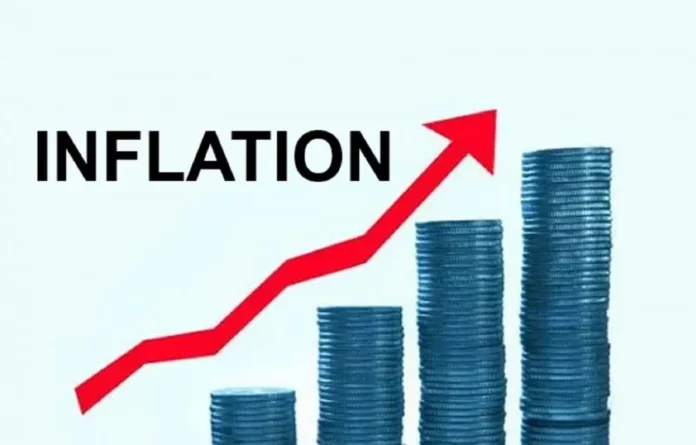By Hosea Parah, Abuja
The National Bureau of Statistics (NBS) has published its Consumer Price Index (CPI) report for March 2025, revealing a continued rise in Nigeria’s headline inflation. The report highlights persistent increases in the cost of goods and services across several critical sectors.
The CPI, which tracks the average price change over time in household consumption, was calculated using 2024 as the base year. The weighting of household expenditures is based on data from 2023. Price data was collected from both urban and rural areas across all 36 states and the Federal Capital Territory, covering 74 population strata and 242 items in the CPI market basket.
Though the exact inflation figures were not included in the provided summary, the report confirms significant upward pressure in key divisions such as food and non-alcoholic beverages, transportation, housing, utilities, and healthcare. These sectors contributed notably to the rise in the year-on-year inflation rate for March.
The CPI follows the 2018 Classification of Individual Consumption According to Purpose (COICOP), which organizes expenditures into categories like food, clothing, housing, transport, education, and others.
The food index remains a major driver of overall inflation, with higher prices recorded for items such as bread, cereals, meat, fish, and soft drinks. Analysts attribute the increases to ongoing supply chain disruptions, fluctuations in the exchange rate, and rising logistics costs.
Transportation costs also moved higher, particularly in passenger services by road and air, further burdening household budgets.
The NBS emphasized that both annual and monthly inflation rates are calculated from changes in the CPI, offering vital insights for policymakers, businesses, and the public on Nigeria’s cost-of-living dynamics.
With inflationary pressures mounting, attention now turns to the Central Bank of Nigeria, as stakeholders await possible monetary policy actions to curb the rising trend and stabilize the economy.

